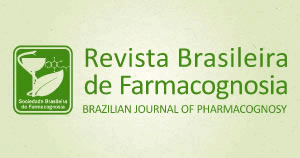The research of plants with medicinal purposes has great importance for the medical community, one of these is the oil-resin extracted of copaíba, Copaifera multijuga Hayne, which is natural of the Amazon region where a great diversity of this species is found. Its medicinal use, the way it is widely spread out, becomes it the phytopharmacs most used and known by the poor populations at the North region of Brazil, being used as diuretic, laxative, antitetanic, antiblenorragic, anti-rheumatic, anti-septic for urinary system, anti-inflammatory, anti-cough, cicatrizing and medicine for the combat to the cancer. The present work shows the evaluation results of this oil antimicrobial activity by the technique of diffusion in agar in Muller-Hinton ambience. The evaluated strains were: Escherichia coli ATCC 25922, 25923 Staphylococcus aureus ATCC and Pseudomonas aeruginosa ATCC 9027. The plates were incubated in hot houses for 24 h under temperature of 35 ºC. Amoxicillin antibiotics (AMO-10 mg/disco), cloranfenicol (CLO-30 mg/disco) and tetracycline used (TET-30 mg/disco) as being standard. The results showed that the oil has the capacity to inhibit the growth of three evaluated bacteria, presenting a minimum inhibitory concentration of 1,56, 3,12 and 12.5% for E. coli, S. aureus and P. aeruginosa, respectively.
Copaíba oil; Copaifera multijuga; Leguminosae; antimicrobial activity; MIC


